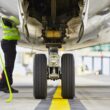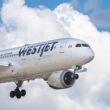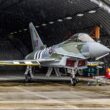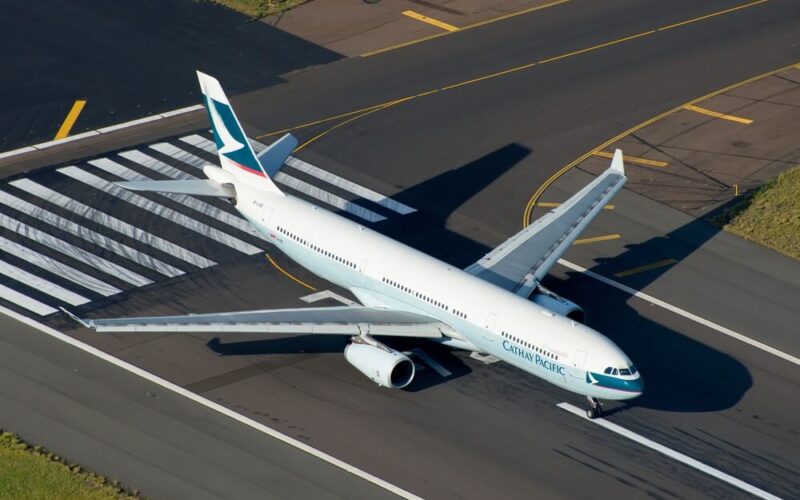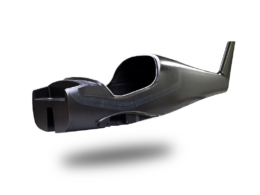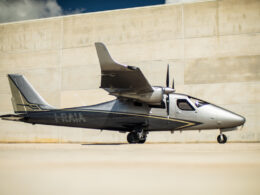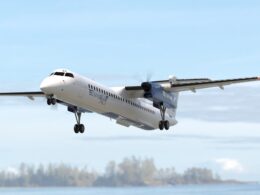Hong Kong and Singapore postponed their air travel bubble agreement for two weeks concerning the surge of COVID-19 cases in Hong Kong.
The flights between two cities were due to start on November 22, 2020. However, the announcement that the travel bubble is delayed came hours after the agreement was set to take effect.
“This is to safeguard public health in both cities as well as travelers’ own health,” Singapore’s aviation authority explained in a press release announcing the delay.
Edward Yau, the secretary for commerce and economic development of Hong Kong, said the delay “was necessary to avoid any inconvenience caused by the abrupt changes of the scheme to passengers.”
Both travel authorities have informed the public that the agreement would be suspended if COVID-19 daily cases soars.
Following the news, Hong Kong reported that the daily coronavirus cases jumped up from 26 to 43. However, all the infections were reported to be local. Since the beginning of the pandemic, the city has recorded more than 5,700 cases and 108 deaths, according to the government’s website.
The travel bubble situation between two cities will be revised in December 2020.
Hong Kong, Singapore airline shares shrink
The travel bubble delay has hit the shares of Hong Kong and Singapore airlines, despite stock market soar in Asia-Pacific region.
As the investors see positive developments in COVID-19 vaccine trial, the stock market surges in Asia-Pacific region. In November 2020, there were three major vaccine developments, which led to the airline shares surge.
However, in Hong Kong, shares of Cathay Pacific fell as much as 6.6% in early Asian trade on November 23, 2020, their biggest intraday fall since August 10, 2020. Singapore Airlines (SIA1) (SINGY) shares declined 1%, according to the CNBC.
The number moves were indicated after the air travel bubble between Hong Kong and Singapore was postponed.
Both Singapore Airlines (SIA1) (SINGY) and Cathay Pacific have been harder hit by the global pandemic than the other airlines, as they do not have domestic routes to accelerate their recovery.
“It is important to not let this kill any momentum to open up safely in Asia,” Brendan Sobie, an independent aviation analyst, said of the Singapore-Hong Kong setback. “It is hard to get things aligned given the various spikes,” Channel News Asia reported.

